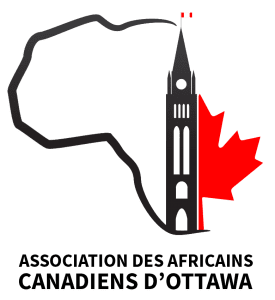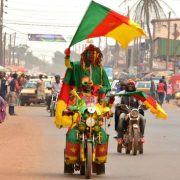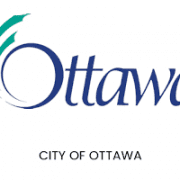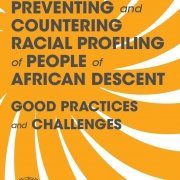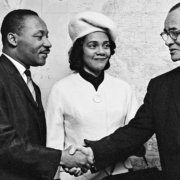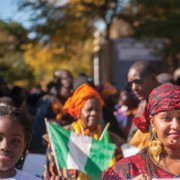Following the release of a damning report of systemic anti-Black racism within the Peel District School Board (PDSB), Ontario’s Education Minister Stephen Lecce issued 27 directives on March 13, 2020 that were to be implemented by the organization under strict timelines.
In a news release, the Ministry of Education stated that these directives to the PDSB are “aimed at addressing the systemic discrimination, specifically anti-Black racism; human resources practices; board leadership and governance issues.”
The PDSB, which is responsible for over 155,000 students across 257 schools in Caledon, Brampton, and Mississauga, has since admitted to “systemic racism” within the Board, and issued a formal apology for the “hurt and harm” inflicted on the Black community.
Last November, the Ontario government announced a formal review of Canada’s second largest school board, stemming from years of racism and human rights complaints. The three-member Review team was led by Human Rights lawyer Ena Chadha, lawyer and former president of the Canadian Association of Black Lawyers (CABL) Shawn Richard, and former deputy minister Suzanne Herbert.
From December 2019 to early February 2020, they considered over 160 written submissions, conducted 115 interviews and held 4 community and engagement sessions, where they heard from more than 300 individuals in various Peel and Toronto locations.
Below are some key findings from the Review published in March:
- 83% of high school students in the PDSB are racialized yet 67% of its teachers are white
- Black students were subjected to constant police intervention
- Black students were grossly overrepresented in suspensions, some as early as junior kindergarten. They are only 10.2% of the secondary school population, but account for 22.5% of the students receiving suspensions
- Black students felt that they were held to higher standards and different codes of conduct in comparison to White or other racialized students
- Black students expressed that Black History should be a part of the curriculum and it should be more than just about slavery
- Teachers and principals made degrading, inappropriate and racist comments about Black students and staff
- Failure to intervene on the part of teachers regarding the frequent use of the N-word by students and micro-aggressions in the classroom
- PDSB Director of Education Peter Joshua has served in his role since July 2017 but has never had a performance appraisal
- Numerous Black educators had been promoted out of their positions when they spoke out against White supremacy and oppression
Despite saying work had already begun on the directives, reports are that little has changed in the Board. After a breakdown in mediation last month, Education Minister Stephen Lecce took further action and appointed lawyer Arleen Huggins to conduct an investigation into the PDSB’s compliance with the Minister’s binding Directions.
Lecce said he would not tolerate “delay or inaction” when it comes to “confronting racism and discrimination” and “will do whatever it takes to ensure these issues are addressed immediately and effectively.”
Ms. Huggins is expected to deliver her report to the Minister by May 18, 2020.
Minister’s Directions: http://www.edu.gov.on.ca/eng/new/minister-directions-pdsb-review.pdf
Final Report: http://www.edu.gov.on.ca/eng/new/review-peel-district-school-board-report-en.pdf
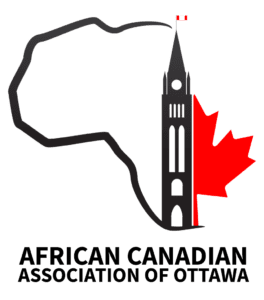

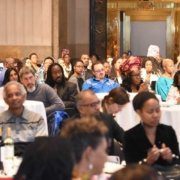
 As we enter into 2020, as a community, let’s reflect on few things. Life is short but we can make it count for something bigger than ourselves. Something that will outlive us. Something the prosperity will remember you for.
As we enter into 2020, as a community, let’s reflect on few things. Life is short but we can make it count for something bigger than ourselves. Something that will outlive us. Something the prosperity will remember you for.